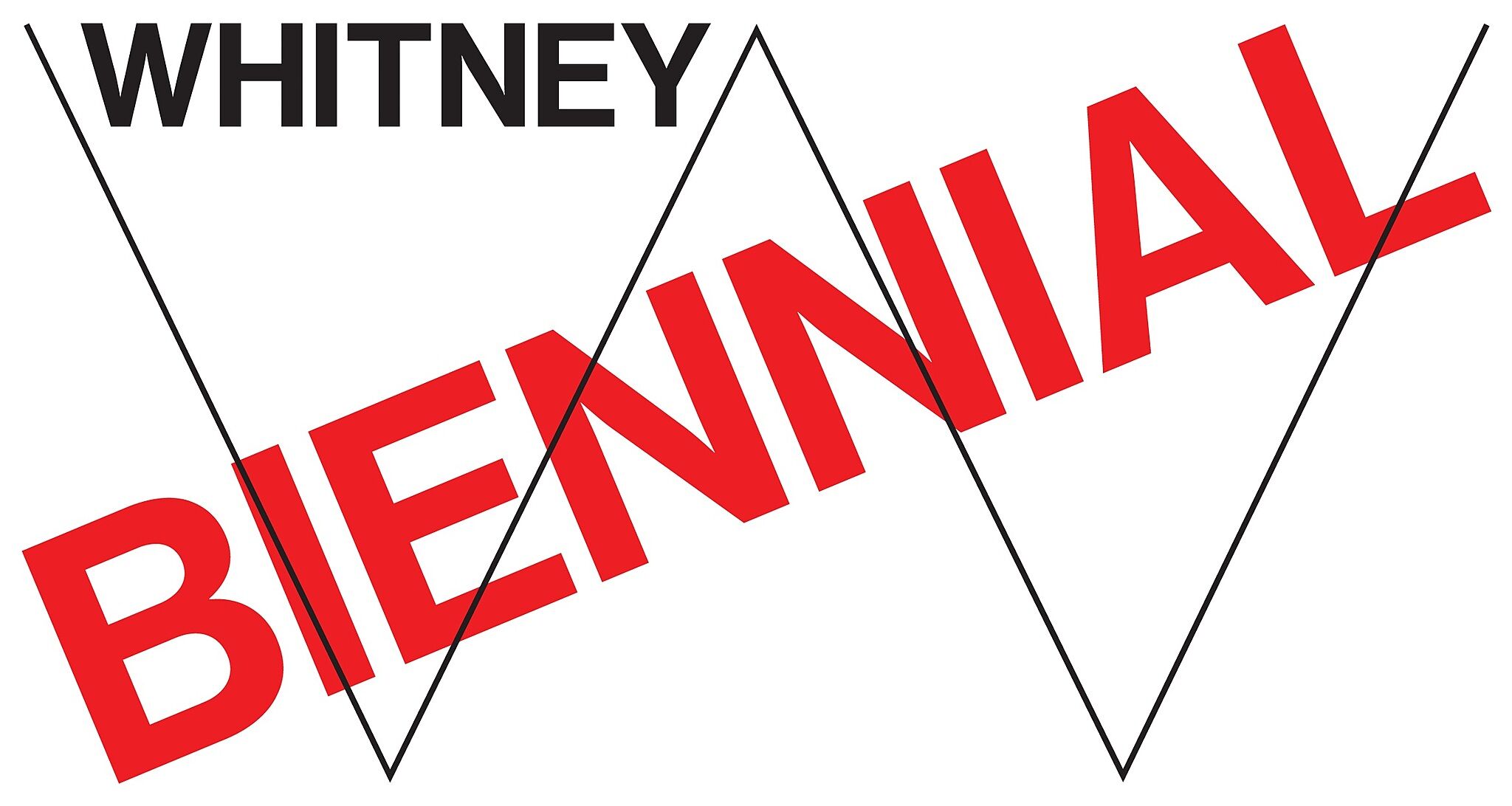Public Collectors
Mar 6, 2014
0:00
Public Collectors
0:00
Marc Fischer: Public Collectors is an initiative that I started in 2007.
Narrator: Marc Fischer.
Marc Fischer: And a lot of it is just me functioning as a reference librarian of my own stuff, sharing things digitally, doing things in event format, where maybe things only come out of storage for a couple of days or even a few hours, but in that time many people are able to see something that normally they just can’t really see very easily.
Narrator: For the 2014 Biennial, Fischer is presenting sound recordings made by Malachi Ritscher, as well as posters and other things Ritscher owned.
Marc Fischer: He was an incredibly rabid attender of live music, and recorded basically five to seven nights a week for many, many years. He went out and most of those nights he recorded concerts. Mostly he was recording improvised music, experimental music, free jazz, underground rock. In the case of a lot of this stuff, a lot of these things were attended by very few people, so there would not be much record of them otherwise. He also ran a website with the url savagesound.com, which acted as a cultural calendar for this music community. He had this presence in this community that was just incredibly supportive and generous. And I wanted to think about the Biennial as a way of calling attention to a different kind of creative person, whose involvement in a scene basically enables art to happen.
The other really complicated aspect of Malachi Ritscher is that he was also a very strong anti-war activist. This gradually seeped into the concert listings and things like that, that he put on his website. He started dividing his time quite a bit more between protesting, attending anti-war actions, he was arrested a couple of times, and finally on November 3rd, 2006, committed suicide in a very public way, immolating himself on the side of the Kennedy Expressway. He displayed a sign with a very explicit political message. It was quite clear that he was trying to inspire some kind of outcry against the war. I think how he participated in the world as an artist is important. And I think he made very deliberate decisions in how he went about things, very deliberate creative decisions. Even very deliberate creative decisions in how he killed himself. He wrote his own obituary, he left a mission statement for people to find on his website. Whether he inspired the action that he may have hoped to—I think that there was a level of thought and consideration and criticality that I responded to really positively in thinking about him.

